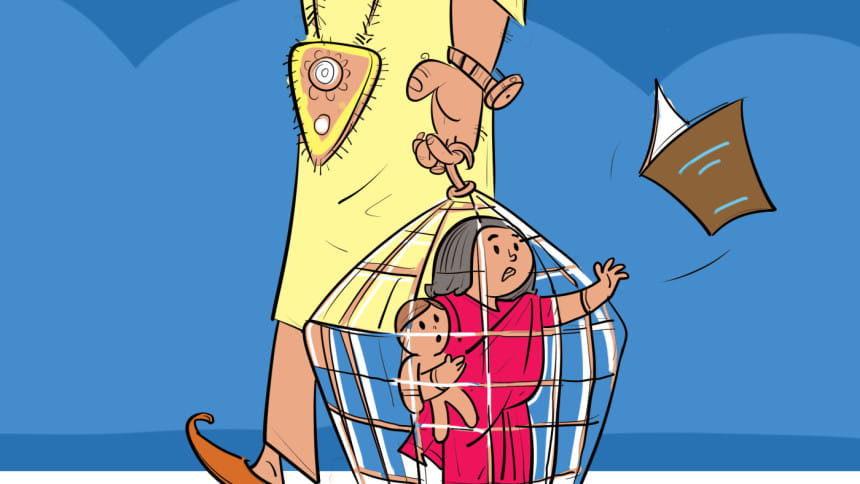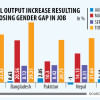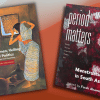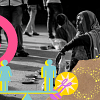The repackaged feminism and hidden cost of ‘having it all’

For much of Bangladesh's history, women have been relegated to domestic roles, where their duties defined their worth as wives and mothers. Crucial to families' survival, household labour has been neither glamorous nor deemed valuable. Despite the long-standing efforts of feminist movements to break these traditional barriers, the narrative around women's work has shifted in a way that capitalises on their labour without truly emancipating them. What began as a quest for equality has morphed into an expectation for women to juggle multiple responsibilities—at home and in the workplace—without sufficient recognition or support.
In Bangladesh, like many other parts of the world, women are sold the idea of the "Superwoman" by free market structures. Women, particularly those in the workforce, are expected to excel not only in their careers but also in their domestic lives. They are told they can "have it all," but the reality is far from it. From managing corporate jobs to running households, the ideal Bangladeshi woman is tasked with balancing her professional ambitions with familial duties. She is expected to handle everything—earning, cooking, cleaning, child-rearing, and even caring for elderly family members—without asking for help. The pressure is immense, yet society treats women's contributions as "natural" and often unrecognised.
Capitalism, as it has evolved globally, has commodified the image of the working woman in Bangladesh. The very real struggle to meet both professional and familial expectations is framed as a personal failure if women cannot meet the unattainable standards set by society. Women in Bangladesh are bombarded by the idea that they should be able to do it all, from excelling in their careers to creating flawless home environments. This expectation is reflected in media, advertisements, and social media platforms that present the image of the perfect woman: a full-time employee, an ideal homemaker, a loving mother, and an emotionally available partner, all while maintaining physical fitness and emotional stability. The woman who fails to meet this "Superwoman" ideal is quickly deemed inadequate or, worse, seen as lazy.
According to the Quarterly Labour Force Survey-2024 by the Bangladesh Bureau of Statistics (BBS), 17.9 lakh men and only 8.7 lakh women are unemployed, suggesting a lower unemployment rate among women. However, the employed workforce statistics tell a different story: 4.524 crore men are employed, compared to just 1.128 crore women. This sharp disparity highlights that a large segment of the potential female workforce remains unutilised. The gap reflects not only the absence of effective national strategies to integrate women into the labour market but also the enduring impact of social prejudices that limit women's participation in formal employment.
In our society, discussions of gender equality often focus narrowly on financial equality—splitting bills, earning equal pay, and reducing the wage gap. However, this focus on financial parity ignores the more profound inequalities embedded in the division of labour at home. Even when they earn, women in Bangladesh are still often the primary caregivers and homemakers. Conversely, men continue to enjoy the benefits of a household managed primarily by their wives without contributing equally to domestic responsibilities. This creates an imbalance, where the financial contribution may be equal, but the emotional and physical burden on women remains disproportionately high.
At the same time, homemakers in Bangladesh face a particular form of exclusion. Though essential to the functioning of their families and society, their labour is not recognised as "real work." The household duties are still dismissed as a woman's "natural" role, not considered a part of the labour force. This has created a dichotomy in which women in the workforce are celebrated as "working women," while those dedicated to unpaid household labour are excluded from the category. The work of homemakers is often rendered invisible, and they are left out of discussions of women's economic empowerment. Despite contributing vastly by managing the household, these women are frequently trapped in a cycle of thankless, unpaid labour—what some have called a "lifelong internship."
Moreover, when women in Bangladesh face gender-based domestic violence, the response is often one of individualisation. Instead of focusing on the perpetrator and addressing the societal roots of violence, women are usually told that they must become financially independent or "self-reliant." The focus shifts away from the abuser, and the victim is subtly blamed for not meeting the economic ideal. By telling women to become independent without addressing the societal structures that allow abuse to persist, we ignore the real cause of the problem—the abuser—and place the onus of change on the victim.
Additionally, societal expectations from Bangladeshi women often begin long before marriage. When married women are denied education by their in-laws, we encourage them to complete their studies before marriage. Later, when these in-laws deny them the opportunity to work, the advice changes to "build a career first, then marry." But no one addresses the underlying issue: no in-laws or family members have the right to dictate a woman's personal choices, whether that involves education, career, or family life. This approach ignores the reality that women's rights to their lives and choices should not be contingent on anyone else's approval.
In the quest for gender equality in Bangladesh, financial equality is often considered the end goal. However, true gender equality is not merely about splitting bills or matching salaries. It requires a fundamental shift in how domestic and professional labor is valued and shared. The burden placed on women to succeed in every aspect of life—without adequate support—must be addressed. Women should not be expected to be Superwomen, nor should they be left alone to fight for what is rightfully theirs.
Ultimately, the narrative of women "having it all" is a capitalist construct designed to keep women constantly striving and perpetually exhausted. True gender equality in Bangladesh will only be achieved when men and women share work responsibilities at home and in the workplace and when women's labour is acknowledged and compensated, whether in the office or at home. Only then can we begin to break free from the cycle of overwork and unrealistic expectations that have been imposed upon women.
Zarin Tasnim is lecturer of media, communication, and journalism at Department of Political Science and Sociology and assistant director at Public Relations Office (PRO) in North South University.
Views expressed in this article are the authors' own.
Follow The Daily Star Opinion on Facebook for the latest opinions, commentaries and analyses by experts and professionals. To contribute your article or letter to The Daily Star Opinion, see our guidelines for submission.

 For all latest news, follow The Daily Star's Google News channel.
For all latest news, follow The Daily Star's Google News channel. 










Comments